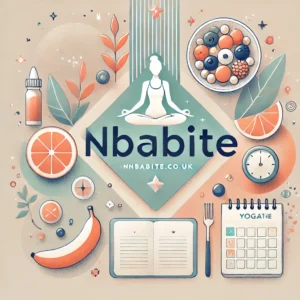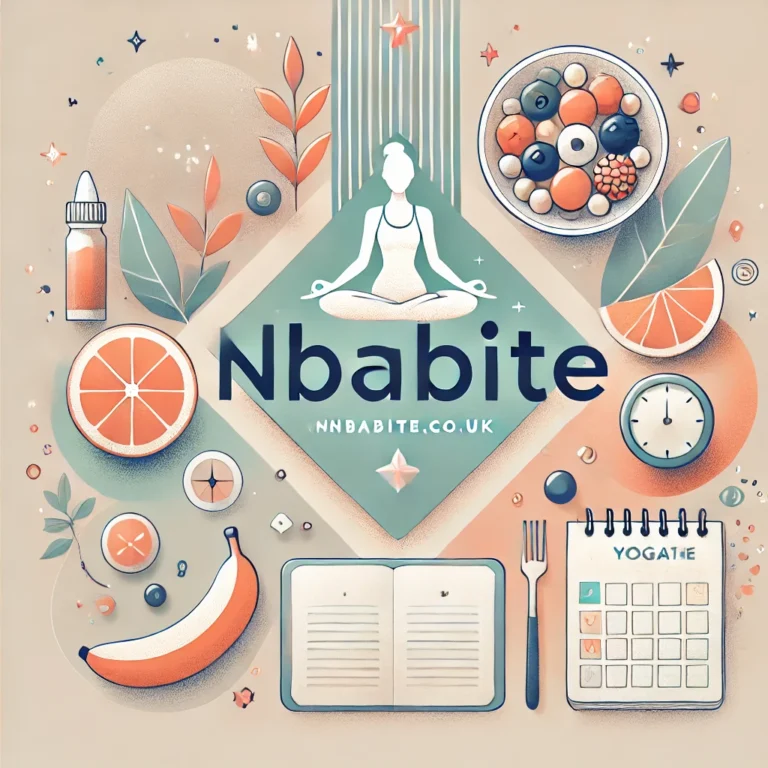Introduction
Spelling bees are thrilling competitions that test vocabulary, memory, and composure under pressure. Whether you’re a student preparing for a contest or a parent helping your child, understanding it is key to success. In this guide, we’ll break down how to find, practice, and master spelling bee answers to boost confidence and performance.
1. What Are Spelling Bee Answers?
Spelling bee answers refer to the correct spellings of words asked during competitions. These words often come from curated lists and can range from simple terms to obscure, complex vocabulary.
Why Do Spelling Bee Answer Matter?
- They determine a participant’s progress in the competition.
- Knowing spelling bee answer builds linguistic skills and confidence.
- Mastering them reduces anxiety during high-pressure rounds.
2. How to Find Reliable Spelling Bee Answers
Finding accurate information requires using trusted resources. Below are proven methods:
Step 1: Use Official Study Lists
Most competitions, like the Scripps National Spelling Bee, release annual word lists. Examples include:
- “Words of the Champions” (Scripps)
- School or regional spelling bee lists
Step 2: Explore Online Resources
Websites like:
- Spelling Bee Ninja (offers practice tests)
- Merriam-Webster (official dictionary partner for Scripps)
Step 3: Leverage Mobile Apps
Apps like SpellQuiz or Spelling Master gamify learning and track progress.
3. Common Mistakes When Practicing Spelling Bee Answers
Even seasoned spellers make errors. Avoid these pitfalls:
1: Mishearing the Word
- Always ask for the word to be repeated or used in a sentence.
- Example: “baroque” vs. “baroque” (capitalization matters).
2: Ignoring Word Origins
- Words from Greek, Latin, or French roots follow specific patterns.
- Example: “Chrysanthemum” (Greek: chrysos = gold).
3: Overlooking Diacritics
- Accents (e.g., café, façade) can change pronunciation and spelling.
4. Practice Strategies for Mastering Spelling Bee Answers
Consistent practice is vital. Use these tips:
1: Break Words into Syllables
- Example: “Antidisestablishmentarianism” → An-ti-dis-es-tab-lish-men-tar-ian-ism.
2: Create Mnemonics
- For “necessary”: “Never Eat Cake, Eat Salad Sandwiches, And Remain Young.”
3: Simulate Competition Conditions
- Practice with a timer, audience, or microphone to mimic real bees.
5. Comparison of Spelling Bee Answer Resources
| Resource Type | Pros | Cons |
|---|---|---|
| Official Lists | Accurate, competition-aligned | Limited to listed words |
| Mobile Apps | Interactive, track progress | May include non-competition words |
| Online Quizzes | Free, diverse word pools | Quality varies by website |
6. Frequently Asked Questions (FAQs)
Q1: Where do spelling bee answer‘s come from?
A: Words are sourced from dictionaries, literature, and academic curricula.
Q2: How do I stay calm when asked a tough word?
A: Practice mindfulness, ask for the word’s definition, and visualize the spelling.
Q3: Can I improve my memory for spelling bee answers?
A: Yes! Use spaced repetition and flashcards to retain complex words.
Q4: What’s the hardest spelling bee answer ever?
A: “Pneumonoultramicroscopicsilicovolcanoconiosis” (a lung disease) is a notorious example.
Conclusion
Mastering spelling bee answers takes dedication, smart practice, and the right resources. By studying word origins, avoiding common mistakes, and simulating real competitions, you’ll be ready to spell your way to victory. Remember: every champion started with one word—keep practicing!















